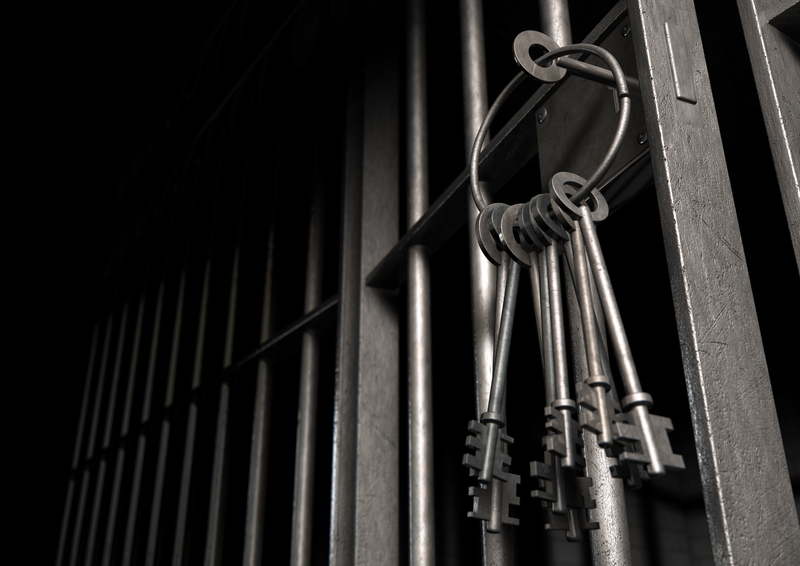OP-ED Negative Effects of New Jersey’s Bail Reform Act
Trenton, NJ – New Jersey’s Bail Reform Act, enacted in 2017, aimed to create a fairer criminal justice system by reducing the reliance on cash bail. While the legislation has been praised for addressing socio-economic disparities, it has also faced significant criticism for its unintended consequences, particularly concerning public safety and repeat offenses.
One of the primary criticisms of the Bail Reform Act is the increase in recidivism. Law enforcement officials have reported a rise in the number of repeat offenders who are released without bail, only to commit new crimes shortly thereafter. According to the New Jersey State Police, the rate of re-arrests for individuals released under the new system has surged, contributing to a sense of insecurity among residents.
Furthermore, the legislation has strained police resources. With more individuals being released pre-trial, officers are spending increased time re-arresting repeat offenders, which detracts from their ability to address other crimes. This cycle of arrest and re-arrest has become a significant burden on law enforcement agencies across the state.
Local communities have also felt the impact. Residents have expressed concerns about safety, particularly in neighborhoods that have seen a spike in crimes committed by individuals out on pre-trial release. In some areas, there has been a noticeable increase in property crimes and violent offenses, which many attribute to the perceived leniency of the new bail system.
Judicial discretion has also been a contentious point. Critics argue that the risk assessment tool used to determine a defendant’s likelihood to reoffend or appear for court dates is not foolproof. Instances where dangerous individuals have been released due to favorable risk scores have sparked outrage and calls for reform.
The Bail Reform Act was designed with noble intentions, aiming to eliminate the bias against economically disadvantaged individuals who could not afford bail. However, the rise in criminal activity among those released pre-trial has led to calls for a reassessment of the system. Lawmakers and community leaders are now faced with the challenge of balancing fairness with public safety.
In response to these issues, some legislators have proposed amendments to the Bail Reform Act. These include allowing for greater judicial discretion and implementing more stringent conditions for release in cases involving serious offenses. The ongoing debate highlights the complexities of criminal justice reform and the need for a system that ensures both equity and safety.
As the state continues to navigate these challenges, the impact of the Bail Reform Act remains a critical issue for New Jersey’s residents and lawmakers alike. The need for effective solutions that address both the flaws and the benefits of the current system is evident, calling for a nuanced approach to criminal justice reform.

